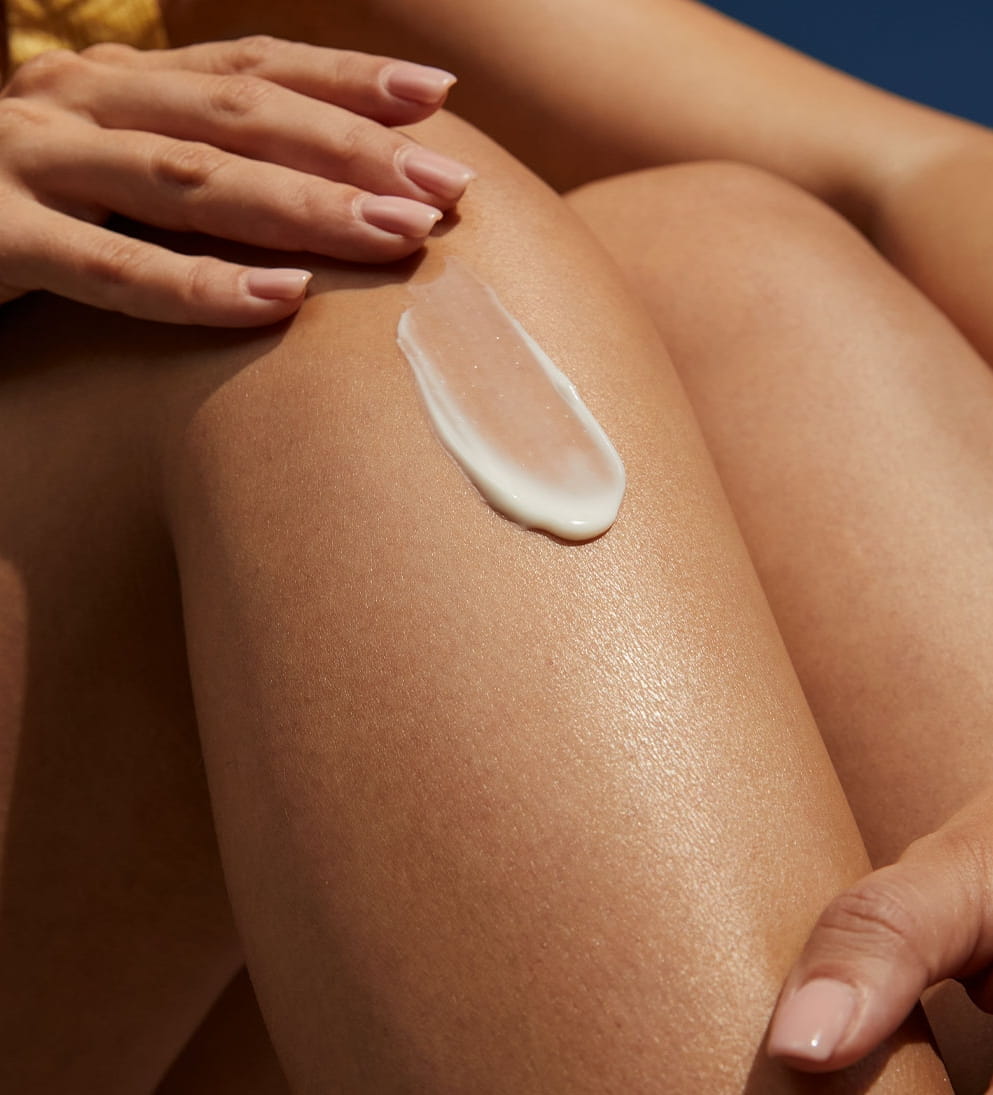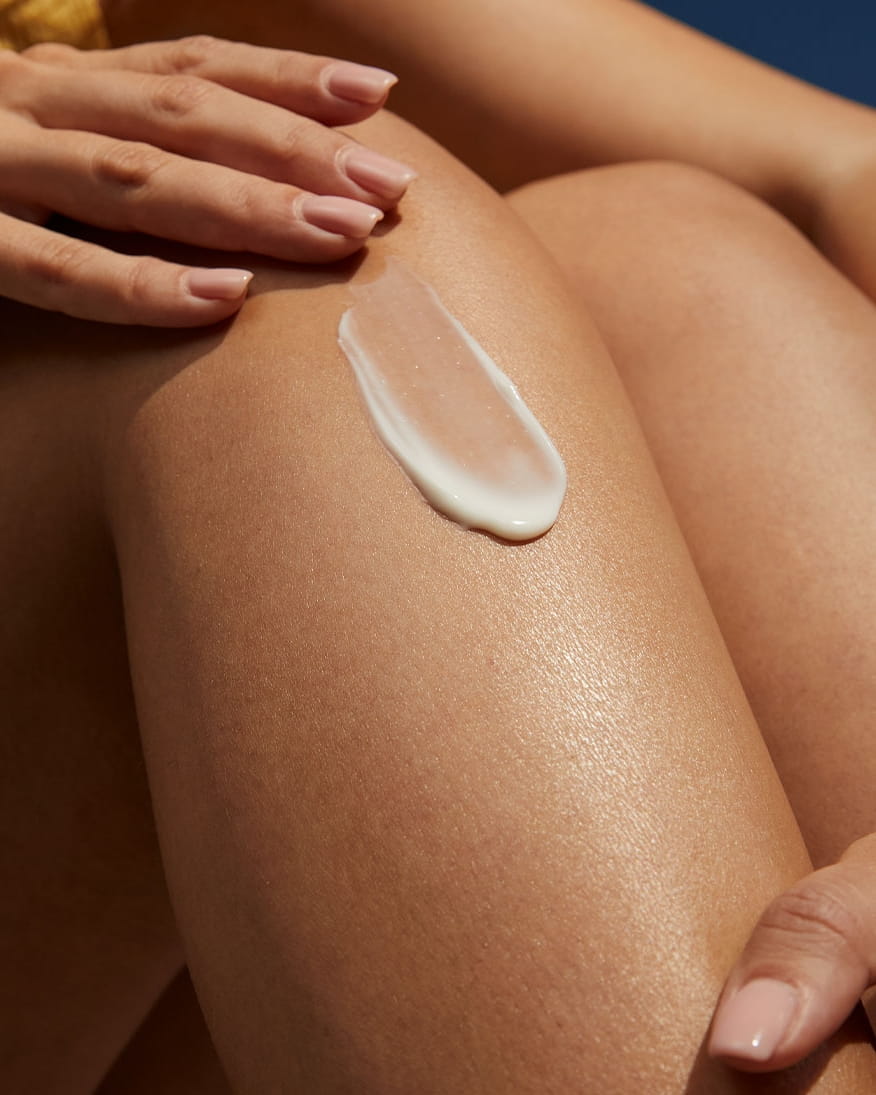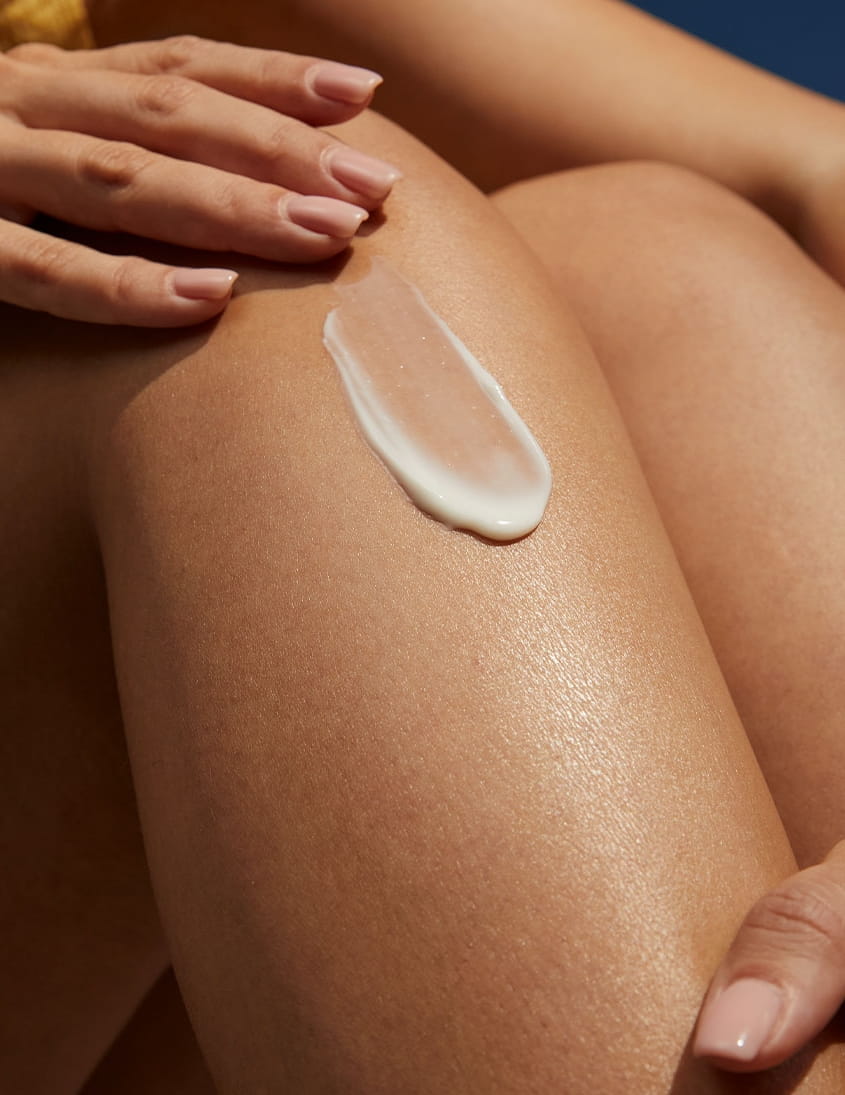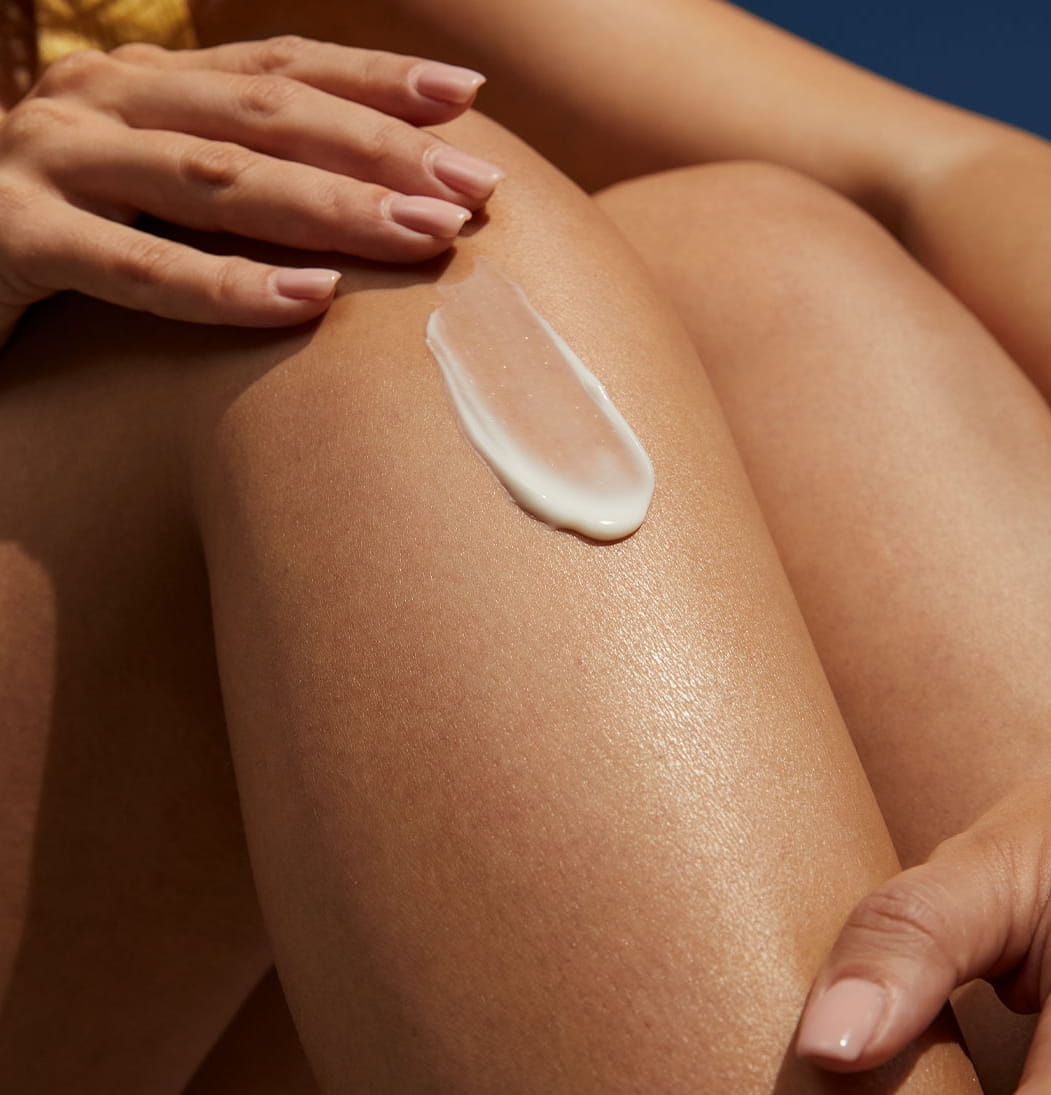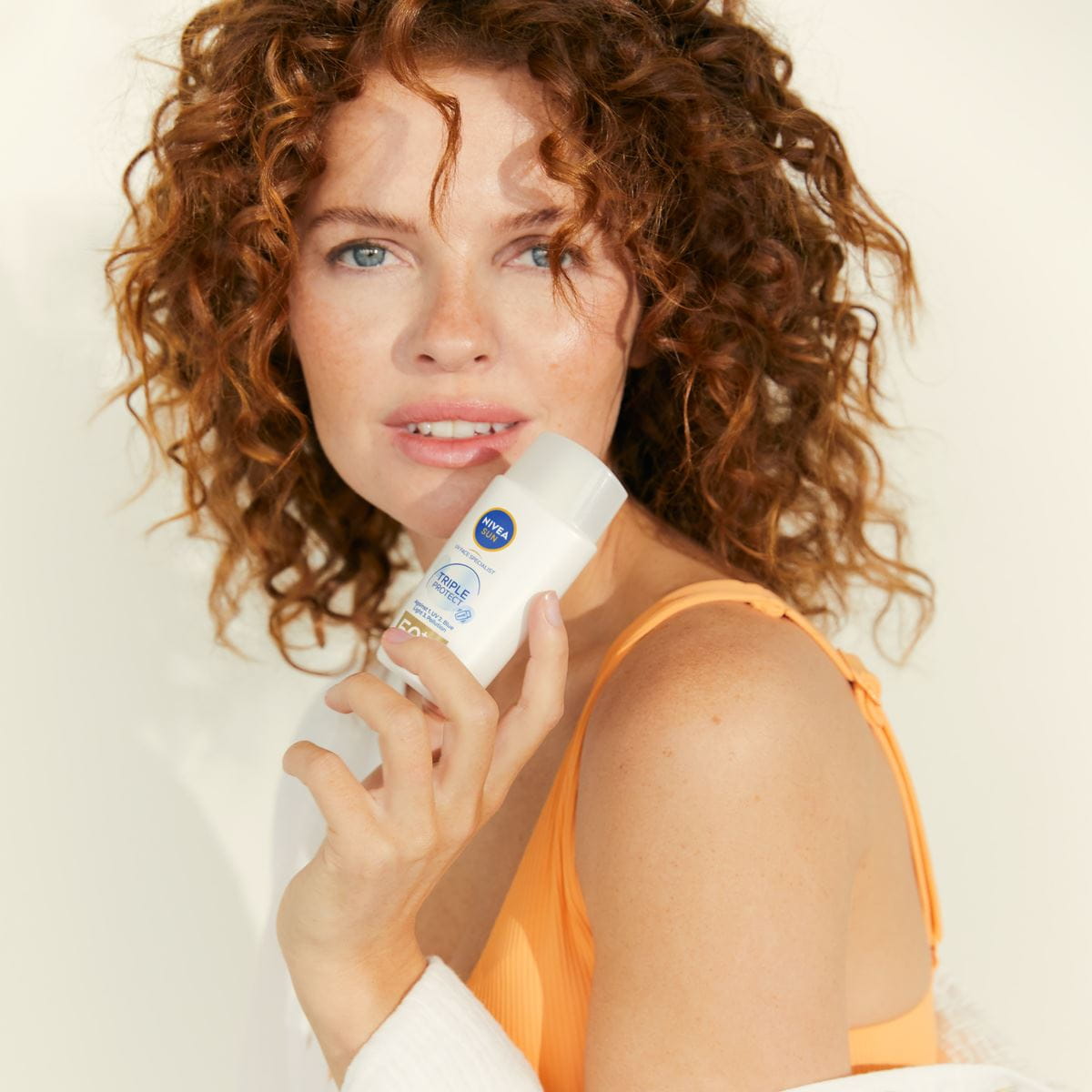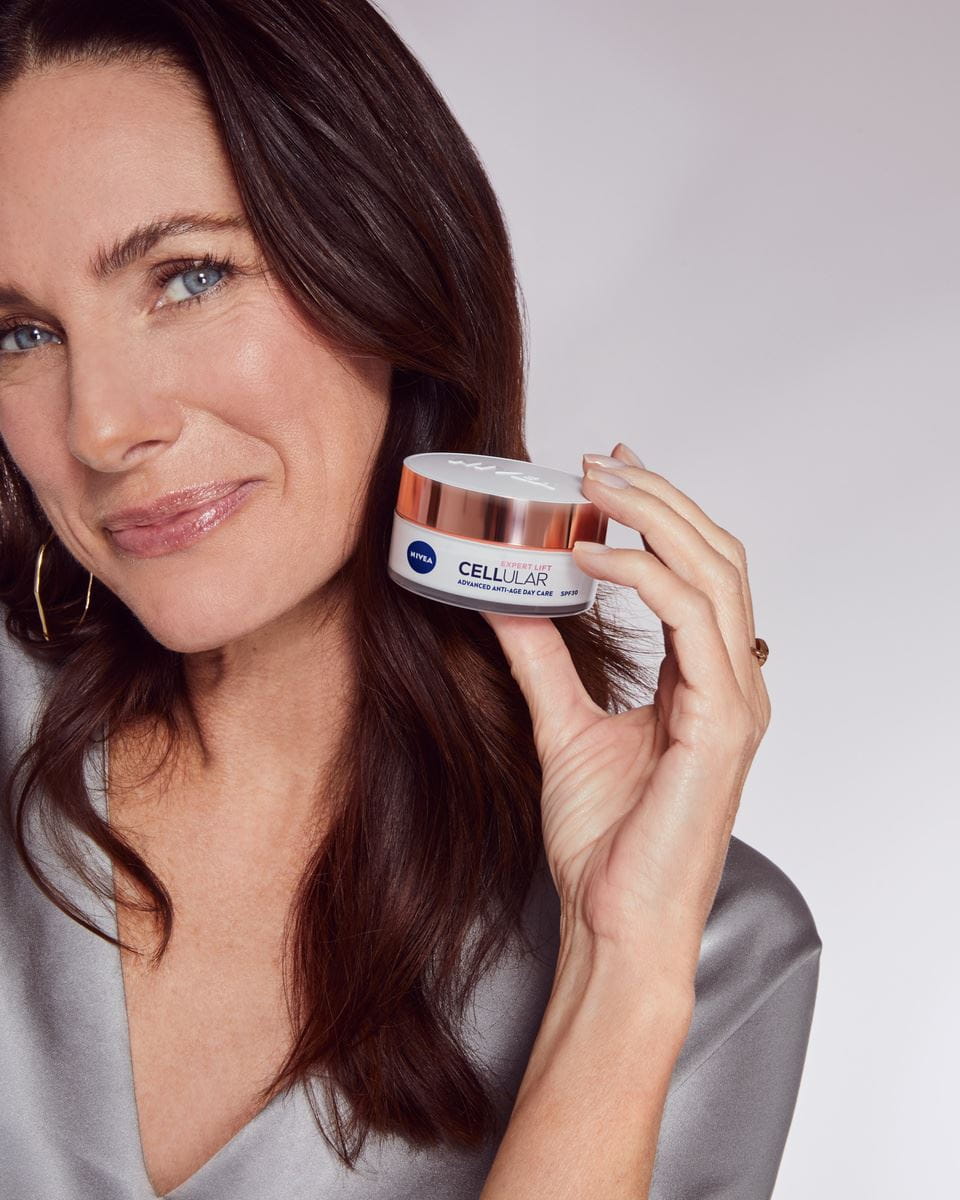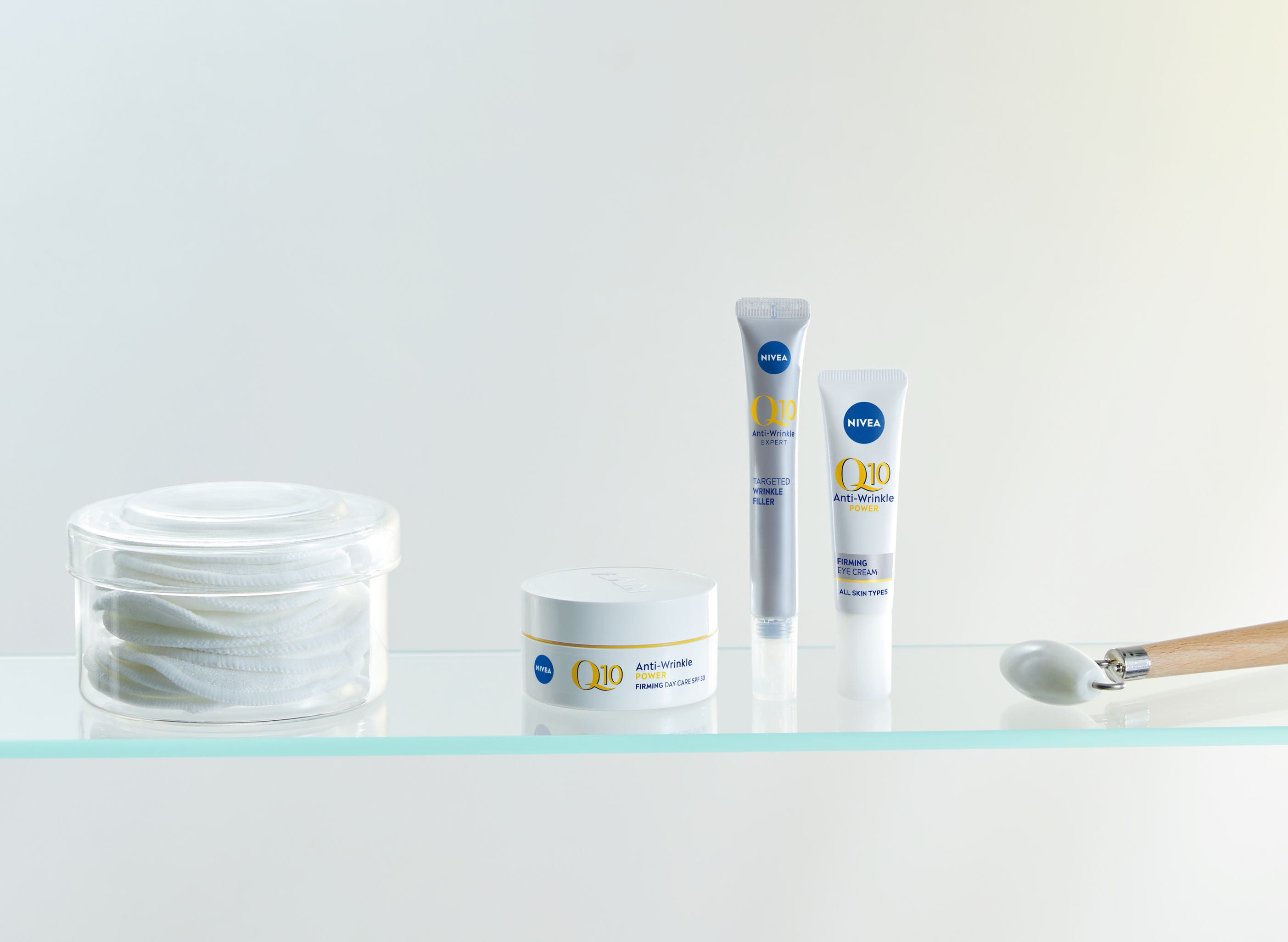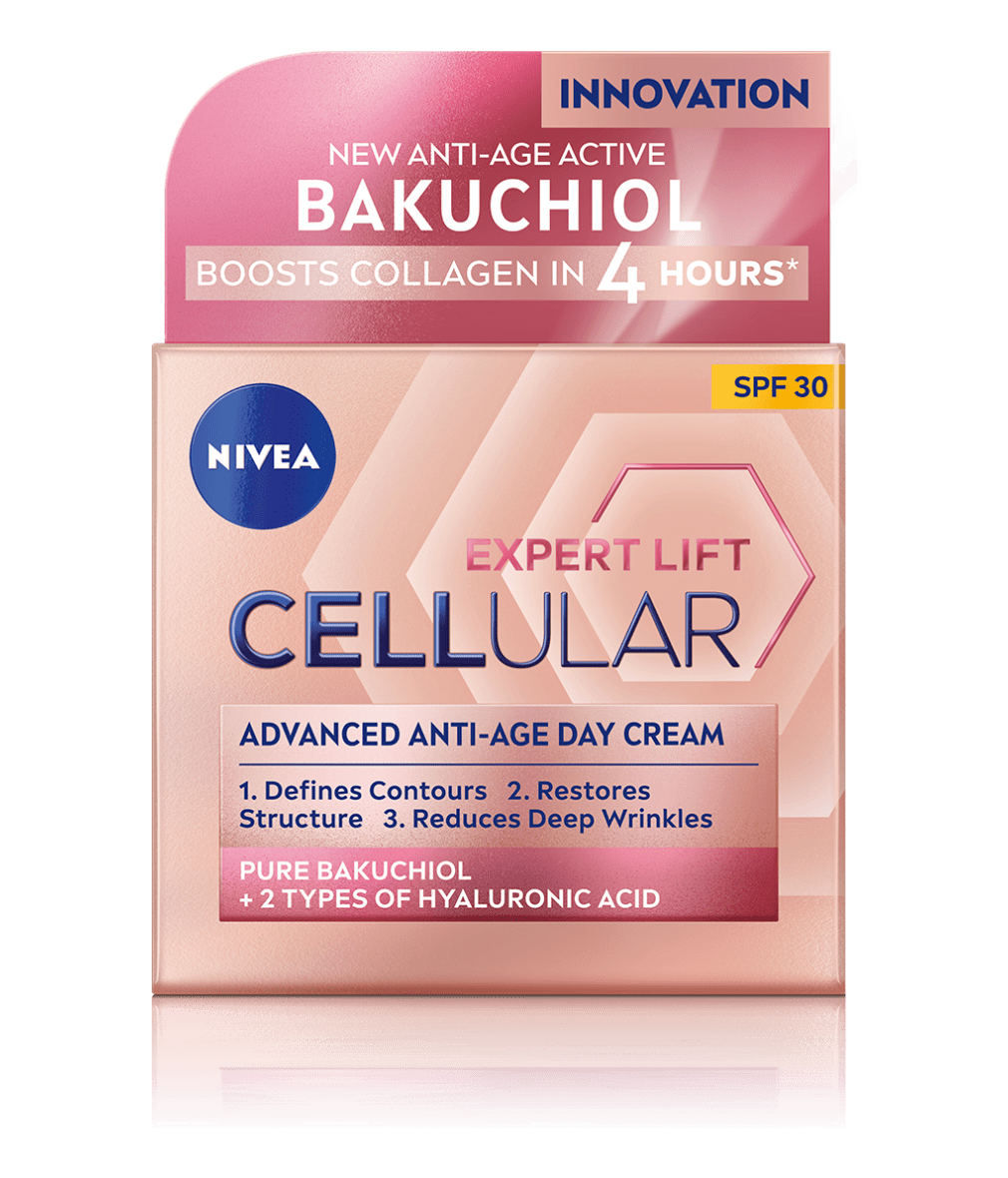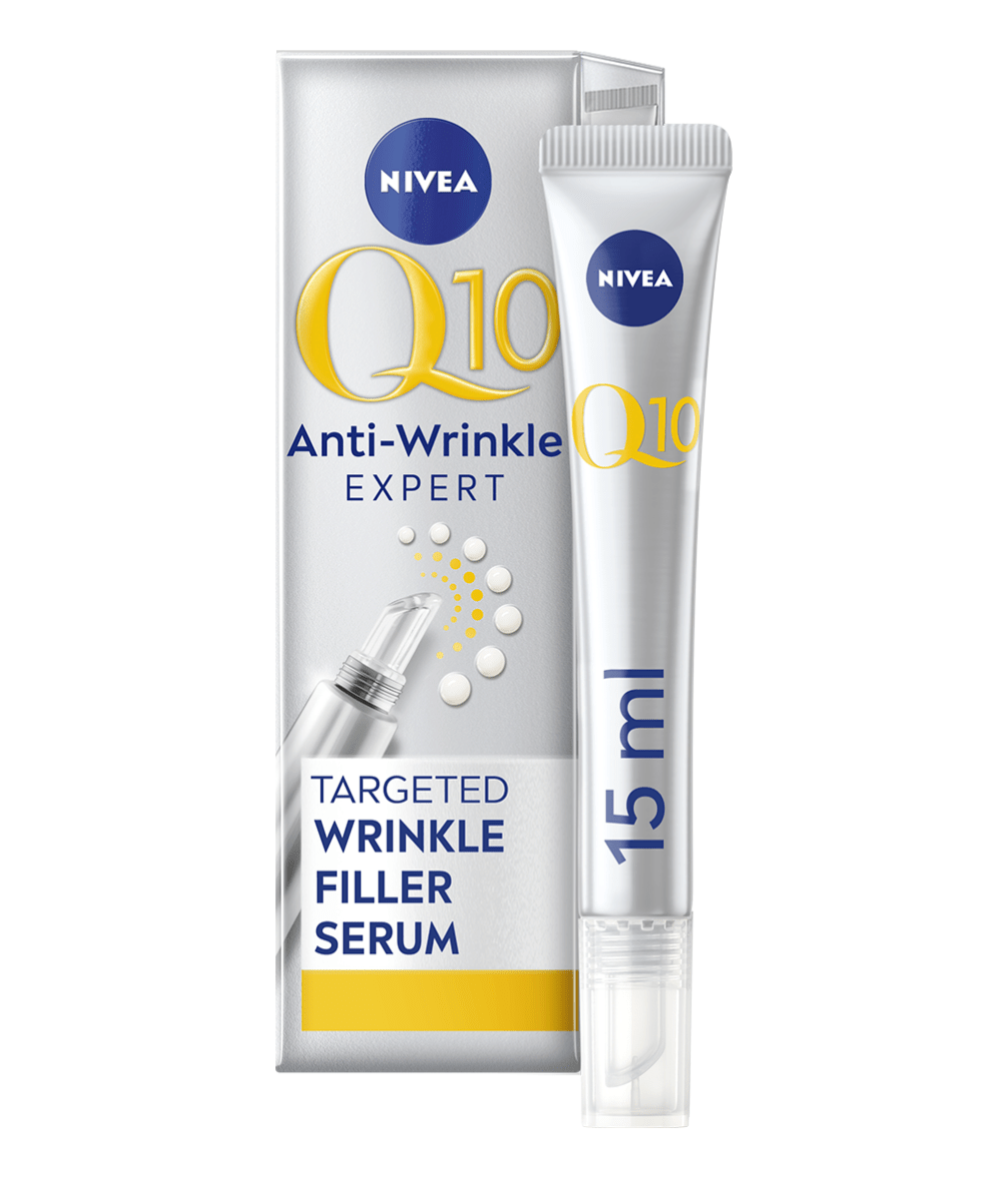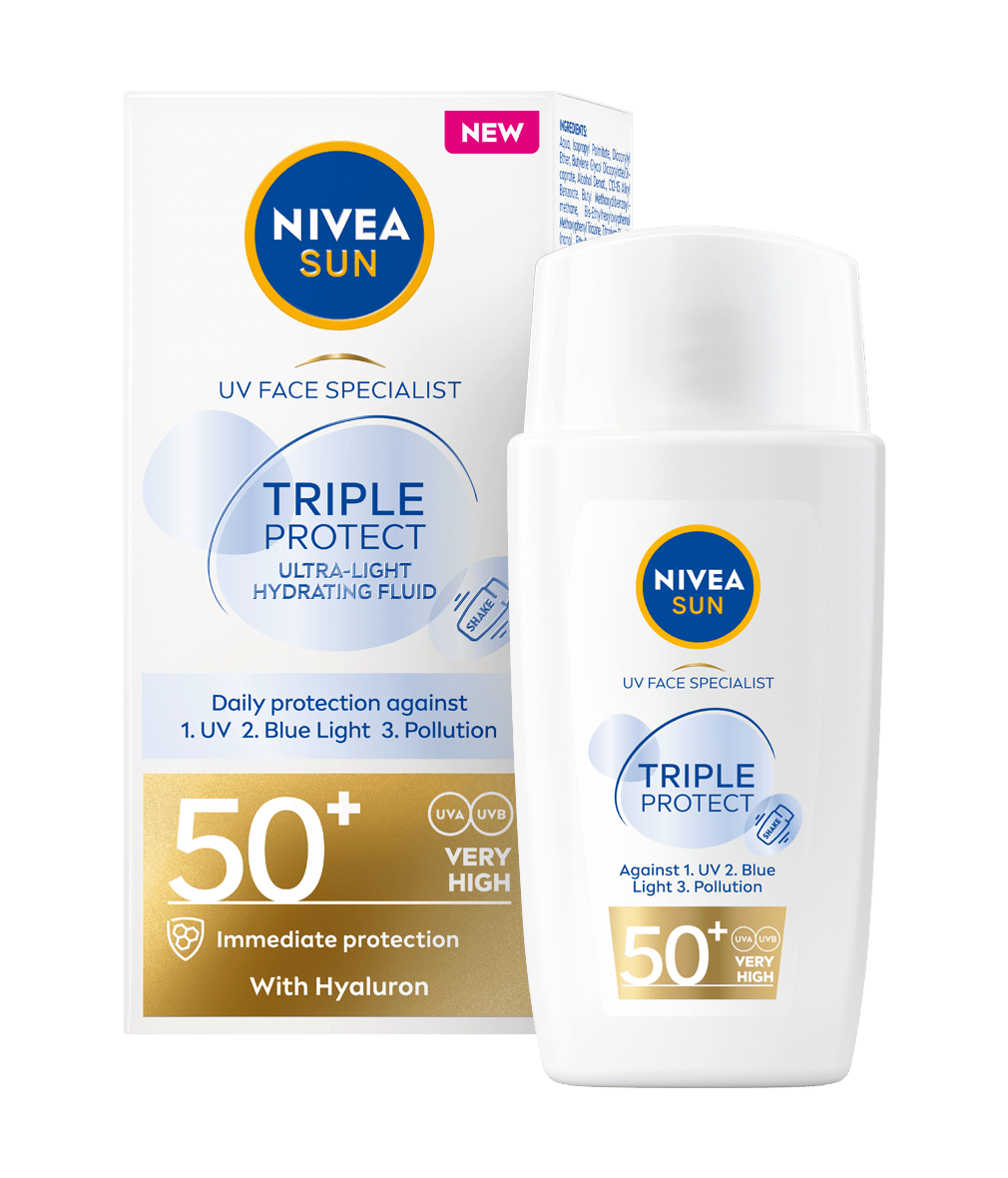
What causes skin aging and how can it be slowed?
7 causes of skin aging and 8 ways to slow it down
WHAT IS SKIN AGING AND HOW CAN IT BE PREVENTED?
Aging skin is an inevitable part of growing older - we will all begin to experience it at one point or another. However, the extent of skin ageing depends on a variety of factors, both biological and environmental - some within our control and some beyond. If you’ve ever wondered what those factors may be and how the skin aging process can be slowed down or reversed, then read on to find out more.
WHAT CAUSES SKIN AGING?
While this process is an inevitable part of growing older, there are both intrinsic and extrinsic factors that have an impact.
WHEN DOES SKIN AGING TYPICALLY BEGIN?
Although production of collagen begins to decrease from the early twenties onwards, the first signs of aging such as fine lines and wrinkles tend not to appear until the mid-to-late twenties. The aging process is gradual and typically occurs in stages.
After fine lines and wrinkles around the eyes and mouth, people may notice a loss of firmness as collagen and elastin production further slows.
Over time, this loss of collagen decreases overall skin volume, which is more noticeable around the age of 40.
Progressing on to the 50s, you may begin to notice your complexion has dulled, and this is due to a decrease in cell turnover. With this, wrinkles may appear deeper and skin may feel dryer to the touch. Areas that are more frequently exposed to the sun may experience hyperpigmentation or age spots.
After fine lines and wrinkles around the eyes and mouth, people may notice a loss of firmness as collagen and elastin production further slows.
Over time, this loss of collagen decreases overall skin volume, which is more noticeable around the age of 40.
Progressing on to the 50s, you may begin to notice your complexion has dulled, and this is due to a decrease in cell turnover. With this, wrinkles may appear deeper and skin may feel dryer to the touch. Areas that are more frequently exposed to the sun may experience hyperpigmentation or age spots.
DOES OILY SKIN AGE BETTER?
HOW CAN I PREVENT AND SLOW DOWN SKIN AGING?
Now you may be wondering how to reverse aging skin - and, while it isn’t entirely possible, there are ways to slow it down. Below are eight key steps to slow down aging and tightening skin:
